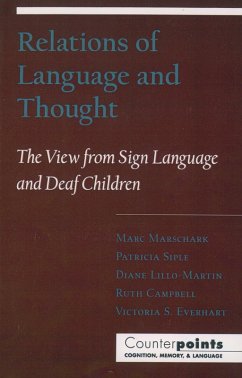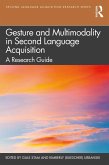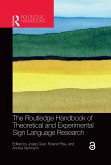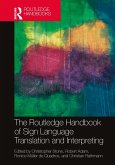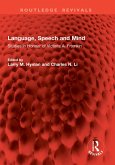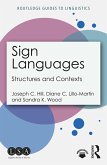The relationship of language to cognition, especially in development, is an issue that has occupied philosophers, psychologists, and linguists for centuries. In recent years, the scientific study of sign languages and deaf individuals has greatly enhanced our understanding of deafness, language, and cognition. This
Counterpoints volume considers the extent to which the use of sign language might affect the course and character of cognitive development, and presents a variety of viewpoints in this debate. This volume brings the language-thought discussion into a clearer focus, both theoretically and practically, by placing it in the context of children growing up deaf and the influences of having sign language as their primary form of communication. The discussion is also sharpened by having internationally recognized contributors, such as Patricia Siple, Diane Lillo-Martin, and Ruth Campbell, with specialties in varied areas, all converging on a common interest in which each has conducted empirical research. These contributors clarify and challenge the theoretical assumptions that have driven arguments in the language-thought debate for centuries. An introduction by the editors provides a historical overview of the issues as well as a review of empirical findings that have been offered in response to questions about language-thought relations in deaf children. The final chapters are structured in the form of "live" debate, in which each contributor is given the opportunity to respond to the other perspectives presented in this volume.
Dieser Download kann aus rechtlichen Gründen nur mit Rechnungsadresse in A, B, BG, CY, CZ, D, DK, EW, E, FIN, F, GR, HR, H, IRL, I, LT, L, LR, M, NL, PL, P, R, S, SLO, SK ausgeliefert werden.
Hinweis: Dieser Artikel kann nur an eine deutsche Lieferadresse ausgeliefert werden.

